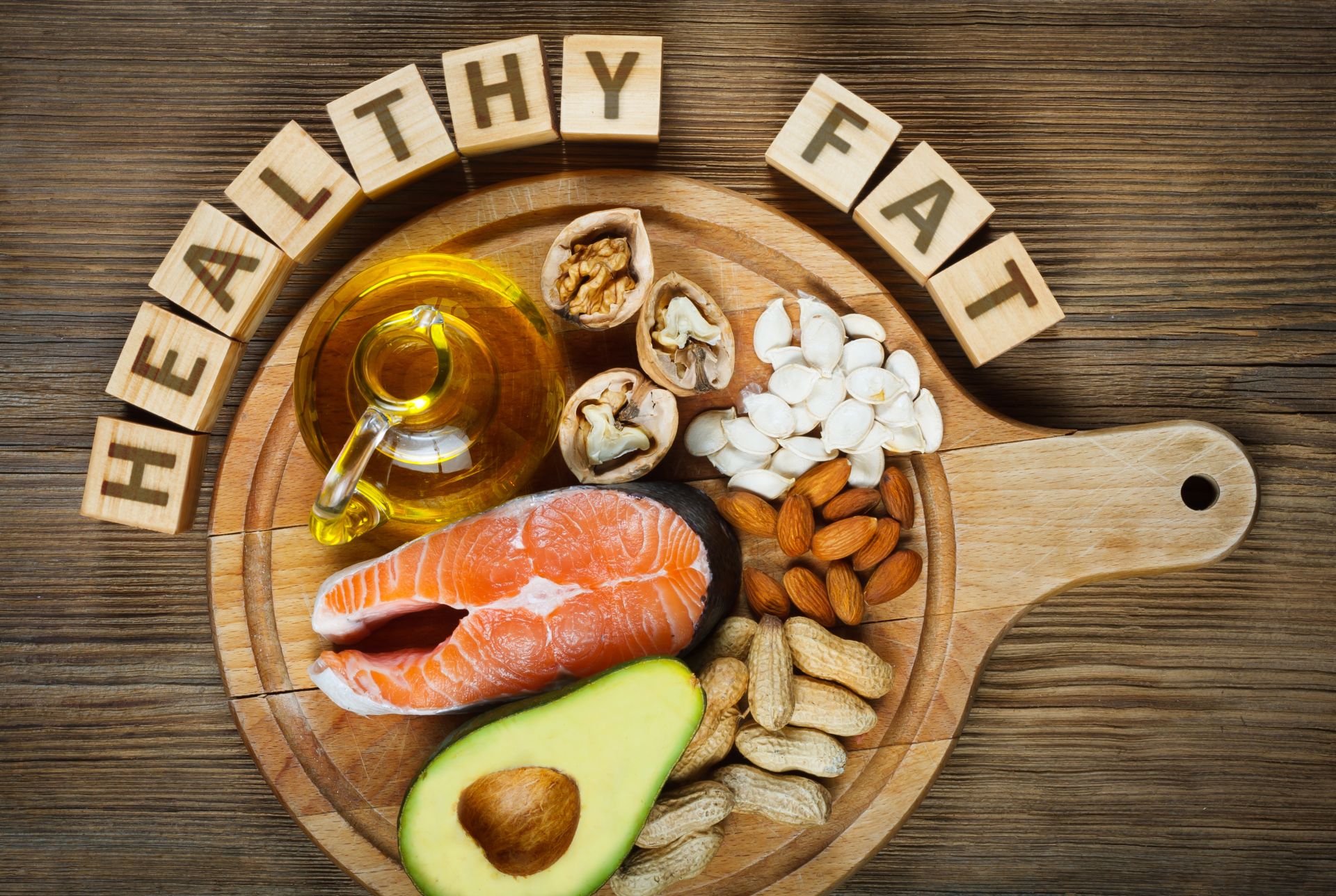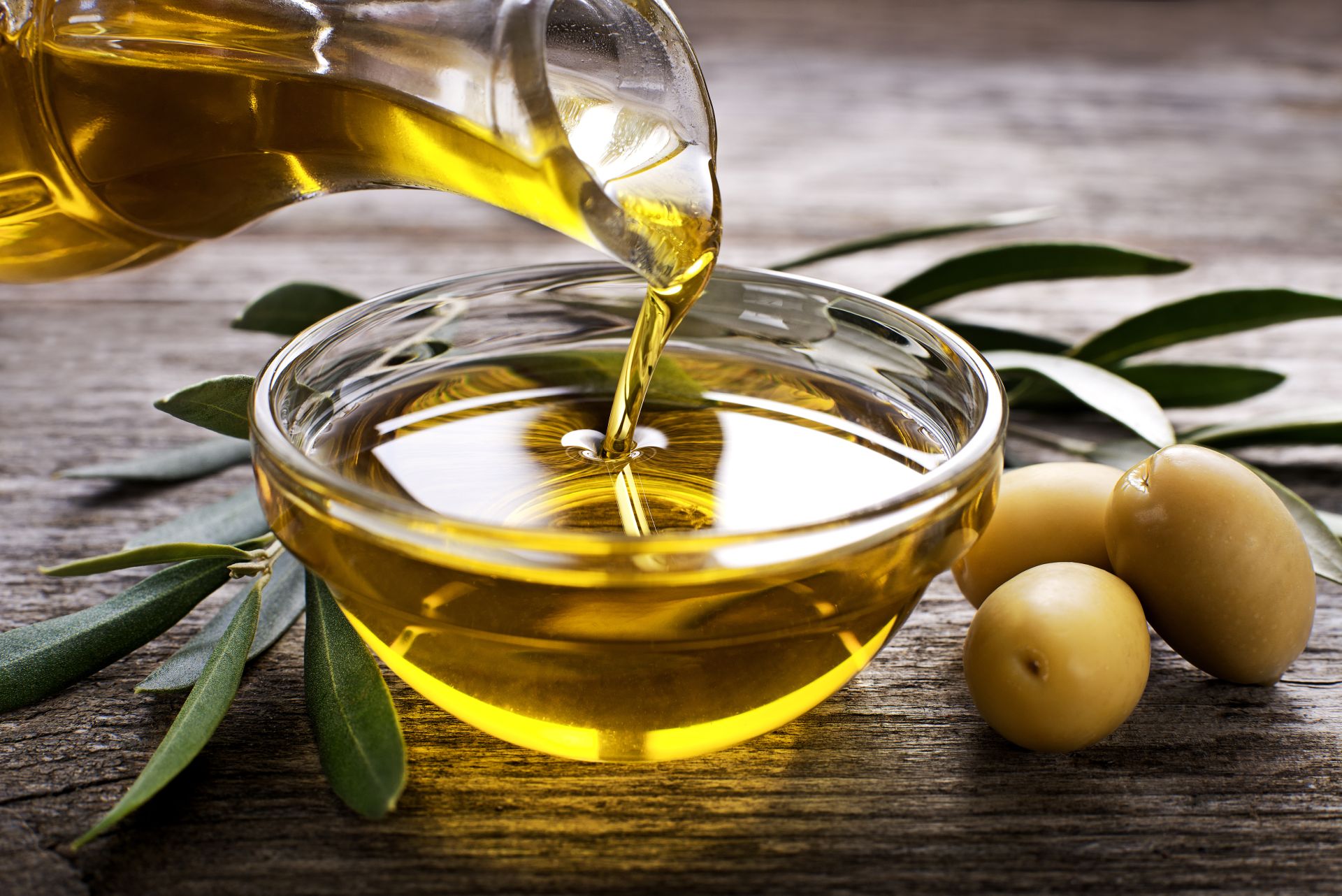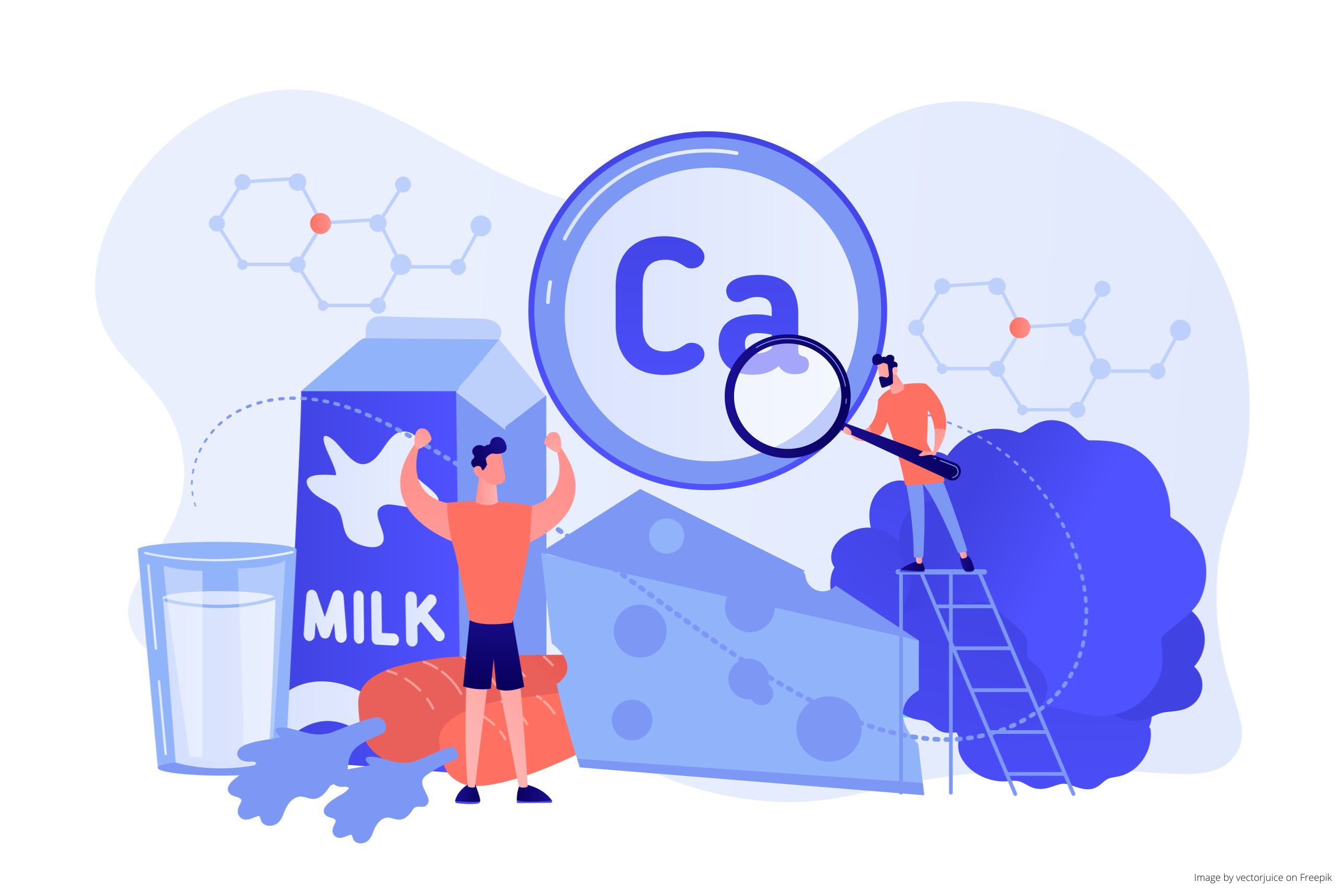Best types of dietary fats

Fat is an important source of energy for humans, which is essential for the proper development and functioning of the body. In addition to energy itself, fats provide fat-soluble vitamins (A, D, E and K) and essential fatty acids (EFAs), namely alpha-linolenic acid (ALA) and linoleic acid (LA). So let's check out the best types of fats in the human diet.
Nuts, seeds and seeds
Nuts, seeds and seeds (unsalted and unsweetened) are high in protein, unsaturated fatty acids, dietary fiber, arginine, B vitamins, minerals (including potassium, magnesium, calcium, phosphorus, zinc, iron, copper, manganese, selenium), antioxidants (including vitamin E) and plant sterols. As a result, they have a beneficial effect on blood pressure, levels of inflammatory markers, and parameters of lipid and carbohydrate metabolism in the body. Studies have shown that regular consumption of nuts, seeds and seeds significantly reduces the risk of cardiovascular disease, and already especially ischemic heart disease.
Olive oil
Extra virgin (extra virgin) olive oil is particularly valued for its high content of monounsaturated fatty acids (especially oleic acid) and a wide variety of bioactive phytochemicals, among which are polyphenols, carotenoids (lutein, β-carotene, xanthophylls), chlorophylls, plant sterols, vitamin E and squalene. Current research shows that frequent inclusion of good-quality olive oil in the diet at 20 g (2 tablespoons) per day is associated with a lower risk of developing cardiovascular disease, cancer and mortality from any cause. Extra-virgin olive oil exhibits anti-inflammatory, antioxidant, anticancer and cardioprotective properties. It has been shown that regular consumption of extra virgin olive oil can contribute to increasing the concentration of high-density lipoproteins HDL (so-called good cholesterol) and improving their function, as well as lowering total cholesterol and low-density lipoproteins LDL (so-called bad cholesterol) and reducing their atherosclerotic properties.

Cocoa and its products
Cocoa is a rich source of protein, fat, dietary fiber, as well as minerals (especially potassium, magnesium and iron), polyphenols, and caffeine and theobromine. Studies have shown that regular consumption of bitter cocoa and its products (especially dark chocolate) significantly reduces blood levels of: low-density lipoprotein LDL (-9.95 mg/dl), triglycerides (-15.36 mg/dl), glucose (-9.10 mg/dl) and C-reactive protein (-0.98 mg/dl) in patients with type 2 diabetes. In addition, consumption of cocoa or dark chocolate for at least two weeks may contribute to a reduction in systolic and diastolic blood pressure values in both those with elevated and normal blood pressure. Cocoa bean products, including cocoa powder and dark chocolate, are foods that contain large amounts of antioxidants, and already especially flavanols (catechins, epicatechins, procyanidins), which dilate blood vessels, improve blood flow and lower blood pressure.
Avocados
Among the best types of dietary fats, avocados are also mentioned, as they consist mainly of monounsaturated fatty acids (especially oleic acid) that show health-promoting effects on the human body. Avocados are also a good source of dietary fiber, potassium, carotenoids (mainly lutein and zeaxanthin) and phenolic acids. A high intake of avocados can reduce the risk of cardiovascular disease, especially ischemic heart disease. It has been shown that regular inclusion of avocados in the diet can contribute to a significant decrease in total cholesterol, LDL fraction cholesterol, as well as triglycerides in the blood. It has also been suggested that a high frequency of avocado consumption may lead to improved cognitive performance, including memory and attention in older adults.
Fatty fish
Fish and seafood have long been recognized as an extremely valuable component of a healthy human diet. This is largely due to their high content of long-chain polyunsaturated fatty acids of the omega-3 family (EPA, DHA and DPA), protein (including type I collagen), taurine, anserine, astaxanthin, iodine, selenium, fat-soluble vitamins (A, D, E, K) and water-soluble vitamins (B vitamins). In light of current scientific evidence, it is believed that regular inclusion of oily fish and seafood species in the diet has a beneficial effect on the long-term maintenance of health and psychophysical well-being in the elderly population. Greater fish consumption reduces the risk of developing heart failure, type 2 diabetes and ovarian cancer by nearly 15%, compared to low consumption. The literature reports that the health benefits of consuming oily fish species 2-3 times a week clearly outweigh the potential risks associated with their contamination.
Hummus
Hummus is a vegetable paste for spreading on bread that is most often prepared from chickpeas, tahini (sesame paste), vegetable oil and spices. Hummus is a product that provides healthy vegetable fats, protein, dietary fiber, folic acid, minerals (especially manganese, copper, potassium and phosphorus), as well as carotenoids, phenolic acids and isoflavones. Regular consumption of hummus can contribute to lowering blood pressure and blood levels of total cholesterol and low-density lipoprotein LDL, which helps reduce the risk of cardiovascular disease* In addition, hummus reduces blood glucose levels and increases the feeling of satiety after eating, so it can aid in weight loss.
Sources:
-
Amoah I, Lim JJ, Osei EO, et al: Effect of Cocoa Beverage and Dark Chocolate Consumption on Blood Pressure in Those with Normal and Elevated Blood Pressure: A Systematic Review and Meta-Analysis. Foods. 2022 Jul 1;11(13):1962.
-
Darand M, Hajizadeh Oghaz M, et al: The effect of cocoa/dark chocolate consumption on lipid profile, glycemia, and blood pressure in diabetic patients: A meta-analysis of observational studies. Phytother Res. 2021 Oct;35(10):5487-5501.
-
Chen X, Guan X, Tang Y, et al: Effects of cocoa products intake on cardiometabolic biomarkers of type 2 diabetes patients: a systematic review and meta-analysis based on both long-term and short-term randomized controlled trials. Int J Food Sci Nutr. 2022 Aug;73(5):571-587.
-
Arnesen EK, Thorisdottir B, Bärebring L, et al: Nuts and seeds consumption and risk of cardiovascular disease, type 2 diabetes and their risk factors: a systematic review and meta-analysis. Food Nutr Res. 2023 Feb 14;67.
-
Xia M, Zhong Y, Peng Y, et al: Olive oil consumption and risk of cardiovascular disease and all-cause mortality: A meta-analysis of prospective cohort studies. Front Nutr. 2022 Oct 18;9:1041203.
-
Pacheco LS, Li Y, Rimm EB, et al: Avocado Consumption and Risk of Cardiovascular Disease in US Adults. J Am Heart Assoc. 2022 Apr 5;11(7):e024014.
-
Jamioł-Milc D, Biernawska J, Liput M, et al: Seafood Intake as a Method of Non-Communicable Diseases (NCD) Prevention in Adults. Nutrients. 2021 Apr 23;13(5):1422.
-
Reister EJ, Belote LN, Leidy HJ.: The Benefits of Including Hummus and Hummus Ingredients into the American Diet to Promote Diet Quality and Health: A Comprehensive Review. Nutrients. 2020 Nov 28;12(12):3678.
 ⮜ Previous article
⮜ Previous article
What supplements for hair, skin and nails?
 Next article ⮞
Next article ⮞